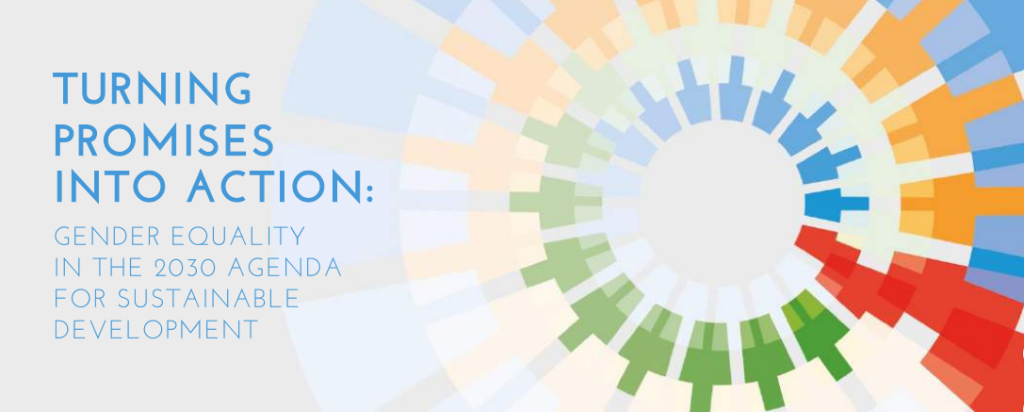ASTANA – Kazakhstan is committed to the type of gender equality called for in the UN Women report published February 14, UN officials said.
“Kazakhstan has also committed to implementing the SDGs (Sustainable Development Goals), along with the other member states of the United Nations. Achieving gender equality and eliminating inequalities between women and men in Kazakhstan will demonstratively boost Kazakhstan toward its goal of becoming one of the 30 most-developed countries in the world; in fact, it may even be a game changer for Kazakhstan, to propel it into the future – now,” said UN Women Representative in Kazakhstan Elaine Conkievich in a UN Women Kazakhstan press release.
UN Women has an office in Kazakhstan and its work is primarily related to leadership and political participation, combating violence against women, national planning and budgeting and intergovernmental support.
The recently released UN Women report calls for the need to ensure women and girls are not left behind in the organisation’s Sustainable Development Agenda.
UN Women, established to promote gender equality and female empowerment, published “Turning promises into action: Gender equality in the 2030 Agenda for Sustainable Development.” The report, based on the 17 Sustainable Development Goals (SDGs), was approved by UN member states in 2015. Half of the SDG targets are in congruence with Kazakhstan’s national objectives specified in the Kazakhstan 2050 Strategy and 100 Concrete Steps.
The document goes further than merely promoting SDGs, however, by advocating that sustainable development can hardly be achieved without gender equality. The breakdown of goals illustrates that gender inequality, ubiquitous in all countries, is related to all aspects of sustainable development and therefore essential for its fulfilment.
The four main recommendations involve adopting integrated policies to achieve multiple goals simultaneously, producing more statistical data to assess the status of the female population across all 17 SDGs, prioritising gender-responsive investments and policies aligned with the 2030 agenda and ensuring a comprehensive approach with gender as a focus.
The issue of gender equality is pervasive in areas related to basic needs, such as economic well-being, food security and health. Women are 8 percent more likely to live in abject poverty in Central and Southern Asia and 4 percent more likely to live in starvation. Maternal mortality rate in the region reaches 170 deaths per 100,000 births.
Regarding gender equality, about a quarter of women reported experiencing physical and/or sexual violence from her intimate partner within a 12-month period. High rates of child marriages are registered in Central and Southern Asia, as 16 percent of women marry below age 16 and 43 percent below age 18.
Moreover, women in the region are reported to do three times the unpaid care and domestic work compared to men. Females hold only 18.5 percent of parliamentary seats and comprise a third of researchers. In Kazakhstan, female representation in Parliament is approximately 23 percent.
Gender inequality is also present in other SDGs, such as decent work and economic growth, quality education, income inequalities and peace, justice and strong institutions.



